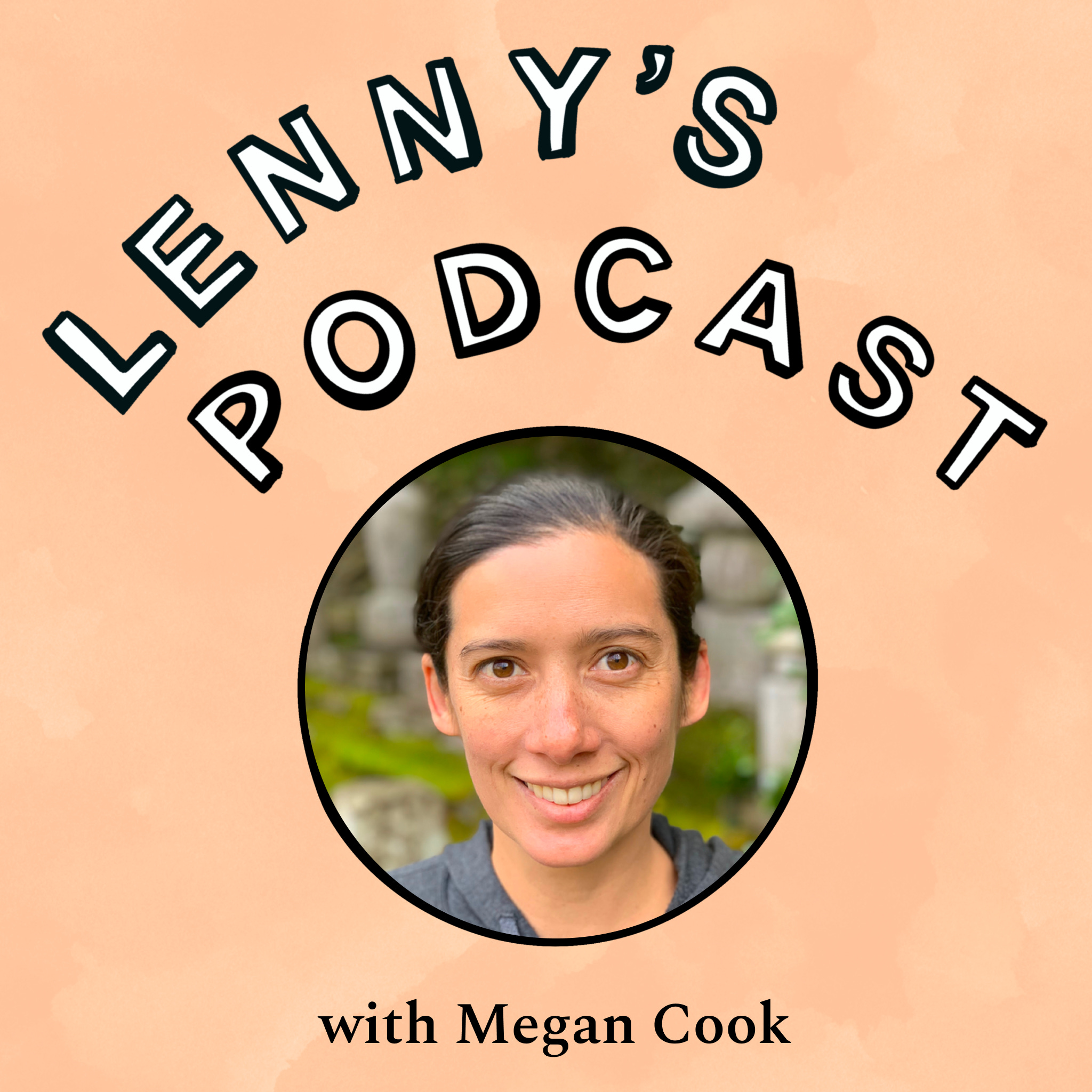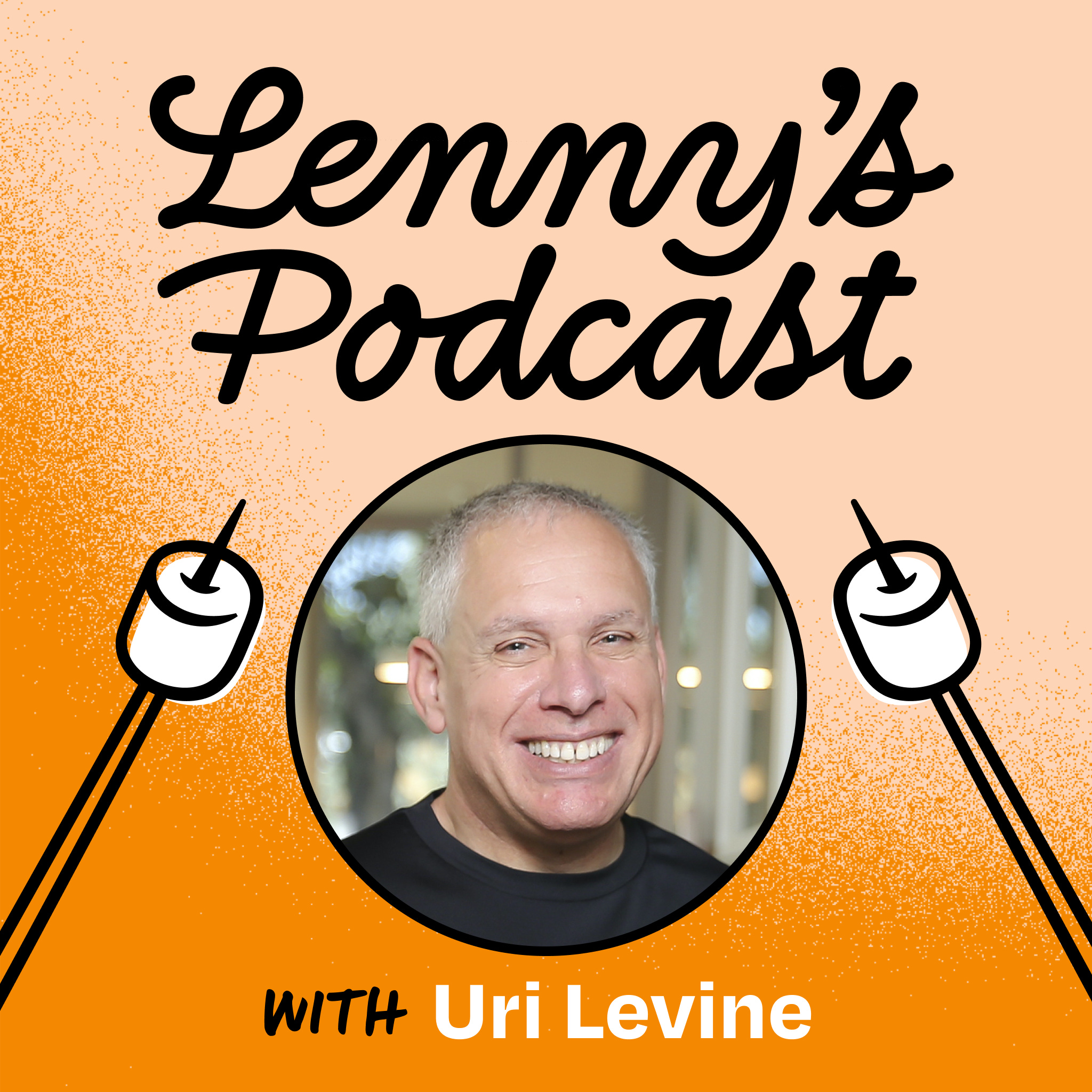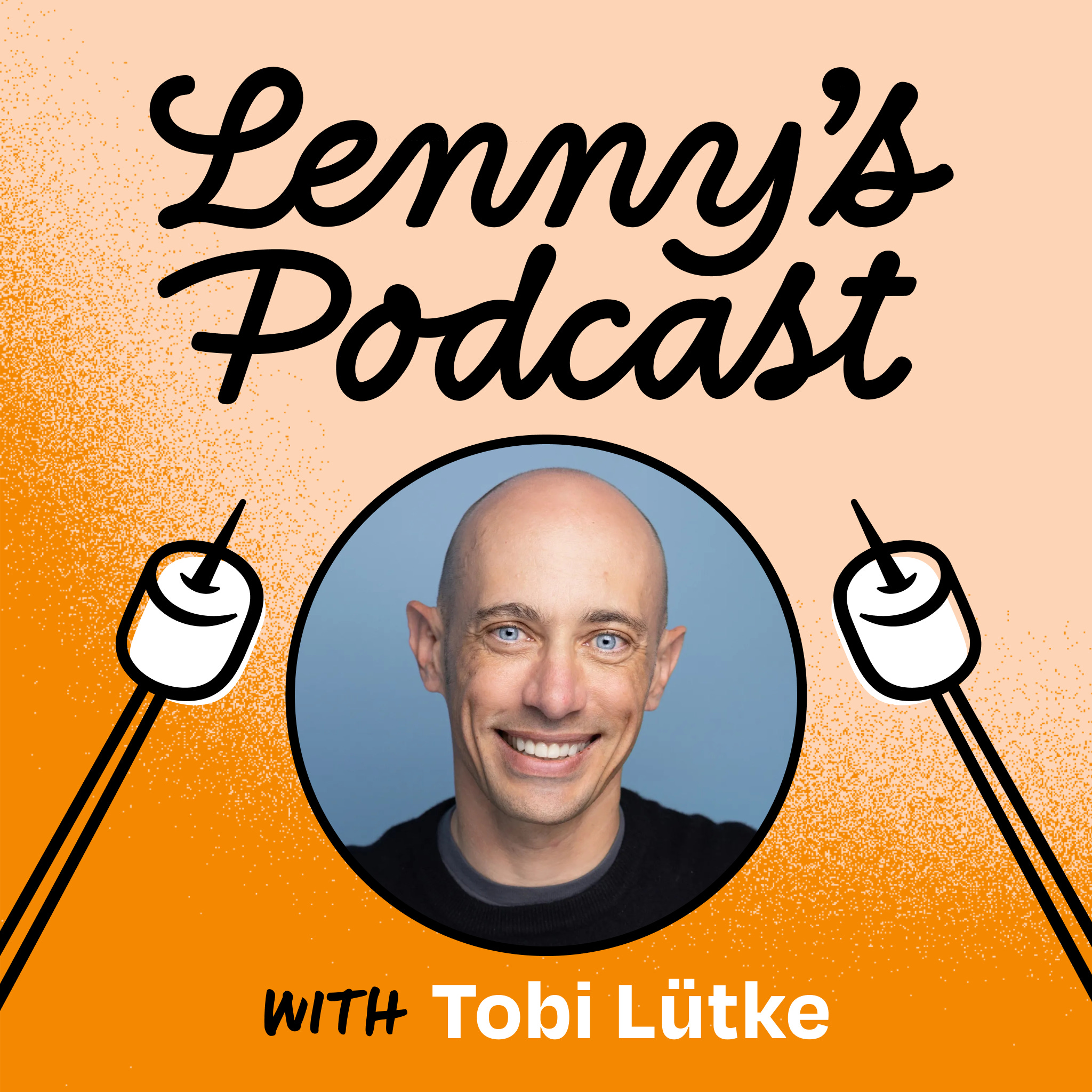
February 4, 2024 • 1hr 21min
Lessons from Atlassian: Launching new products, getting buy-in, and staying ahead of the competition | Megan Cook (head of product, Jira)
Lenny's Podcast: Product | Growth | Career

Key Takeaways
- Creating psychological safety and space for play is crucial for fostering innovation and getting teams to share ideas openly. Megan implemented peer feedback groups and regular team offsites to build trust and relationships.
- Getting buy-in for ideas requires partnering with stakeholders early, being open to different solutions, and setting up decision meetings effectively. Focus on the core problem/opportunity rather than falling in love with a specific solution.
- Atlassian has successfully launched 15 different product lines by starting small, giving teams freedom to move fast, and using a gated process (Wonder, Explore, Make, Impact, Scale) to validate ideas before scaling investment.
- Jira has stayed ahead of competitors by obsessing over customer feedback, fostering a culture of innovation, investing in future businesses, and staying agile to market shifts.
- For effective remote work, Megan recommends intentional in-person gatherings 3-4 times per year, blocking out deep work time, and using asynchronous communication tools like video messages.
- When evaluating new product ideas, think bigger about how they could be expanded or applied more broadly across the business in the future.
Introduction
Megan Cook is the head of product for Atlassian's Jira software, which is used by 75% of Fortune 500 companies and has over 125,000 customers globally. Megan has been at Atlassian for nearly 11 years, previously working as an analyst, developer, and agile coach. In this episode, Megan discusses Atlassian's approach to innovation, launching new product lines, effective remote work practices, and how Jira has maintained its market leadership position.
Topics Discussed
Creating Psychological Safety and Space for Play (3:53)
Megan emphasizes the importance of creating psychological safety and space for play on teams to foster innovation and open sharing of ideas. She implemented several practices at Atlassian to achieve this:
- Peer feedback groups - Small groups of PMs meet every two weeks to review each other's work in early stages, building trust and modeling constructive feedback.
- Regular team offsites - The product team gathers in-person every 6 months for strategy discussions, craft workshops, and relationship building.
- Sharing failure stories - Senior leaders share stories of past failures to normalize taking risks and learning from mistakes.
- "10 dollar game" for priorities - PMs and managers allocate a hypothetical $10 across priorities to align on where time is actually being spent.
Megan notes these practices became especially important as Atlassian grew and shifted to remote work, when it became harder for people to speak up and share ideas openly.
Advice for Effective Remote Work (15:24)
As Atlassian transitioned to fully remote work during the pandemic, Megan shares key learnings on making remote work effective:
- Intentional in-person gatherings - Bringing teams together 3-4 times per year for a week boosts connection and productivity for months afterward.
- Blocking deep work time - Megan's leadership team syncs calendars to create long stretches of uninterrupted deep work time twice a week.
- Asynchronous updates - Use tools like Atlas for async status updates rather than meetings.
- Rigorous documentation - Thoroughly document decisions, strategies, and project kickoffs in tools like Confluence.
- Video/audio messages - Use tools like Loom for quick, casual video updates to overcome time zone challenges.
Megan emphasizes focusing on how to be productive and effective in remote work, rather than where people physically work.
Getting Buy-In for Ideas (24:16)
Megan shares advice on how to effectively get buy-in for ideas, especially from executives:
- Partner with stakeholders early - Involve key stakeholders early in the ideation process to get their input and create advocates.
- Be open to different solutions - Focus on the core problem/opportunity rather than falling in love with a specific solution.
- Clearly state hypotheses and facts - Distinguish between what you know and what you're assuming to invite input.
- Set up decision meetings effectively - Clarify what you need (decision, feedback, etc.), provide a brief narrative overview, and know your data.
Megan emphasizes buy-in is a journey, not a single meeting. The goal is to solve the core problem, not push through a predetermined solution.
Launching New Product Lines (46:08)
Atlassian has successfully launched 15 different product lines. Megan shares their approach:
- Internal innovation program - Any employee can pitch new product ideas.
- Gated process - Ideas go through stages (Wonder, Explore, Make, Impact, Scale) with increasing investment at each stage.
- Start small - Keep teams very small initially (1-3 people) to move fast and validate ideas.
- Give teams freedom - Protect new product teams from standard processes that may slow them down.
- Partner with customers - Work closely with customers to develop solutions before expanding.
Megan gives the example of Jira Product Discovery, which started as an internal pitch to help PMs manage pre-development work.
How Jira Stays Ahead of Competitors (58:00)
Megan explains how Jira has maintained its market leadership position:
- Obsess over customer feedback - Weekly company-wide customer feedback emails, easy ways for customers to provide input.
- Culture of innovation - Regular hackathons, anyone can pitch new ideas, dedicated teams explore emerging technologies.
- Invest in future businesses - Allocate resources to seeding potential future product lines.
- Stay agile - Ability to quickly shift resources to new priorities, like doubling down on cloud in 2020.
- Willingness to kill ideas - Quick to end initiatives that aren't working out.
Megan emphasizes Atlassian's "healthy dose of paranoia" that drives continuous improvement despite their success.
Learning from Failure (1:04:28)
Megan shares a personal story of missing a big opportunity earlier in her career:
- Built automation features into Jira for developers to update work status.
- Feature was successful, but Megan failed to recognize its broader potential.
- Could have been expanded into a service for all Atlassian products.
- Atlassian later acquired a company to provide this functionality at significant cost.
The key lesson: When evaluating new ideas, think bigger about how they could be expanded or applied more broadly across the business in the future.
"Fight Club" for Addressing Conflicts (1:08:30)
Megan implemented a weekly 30-minute "Fight Club" meeting with her engineering and design leaders to proactively address conflicts:
- Dedicated time to discuss disagreements before they become bigger issues
- Creates a mindset of openly tackling hard problems together
- Improves relationships by addressing issues early
Conclusion
Megan Cook provides valuable insights into Atlassian's approach to innovation, product development, and maintaining market leadership. Key themes include creating psychological safety, effective remote work practices, getting buy-in through collaboration, and staying agile in the face of market changes. Megan's advice on thinking bigger about new ideas and proactively addressing conflicts can be applied by product leaders in organizations of all sizes.









